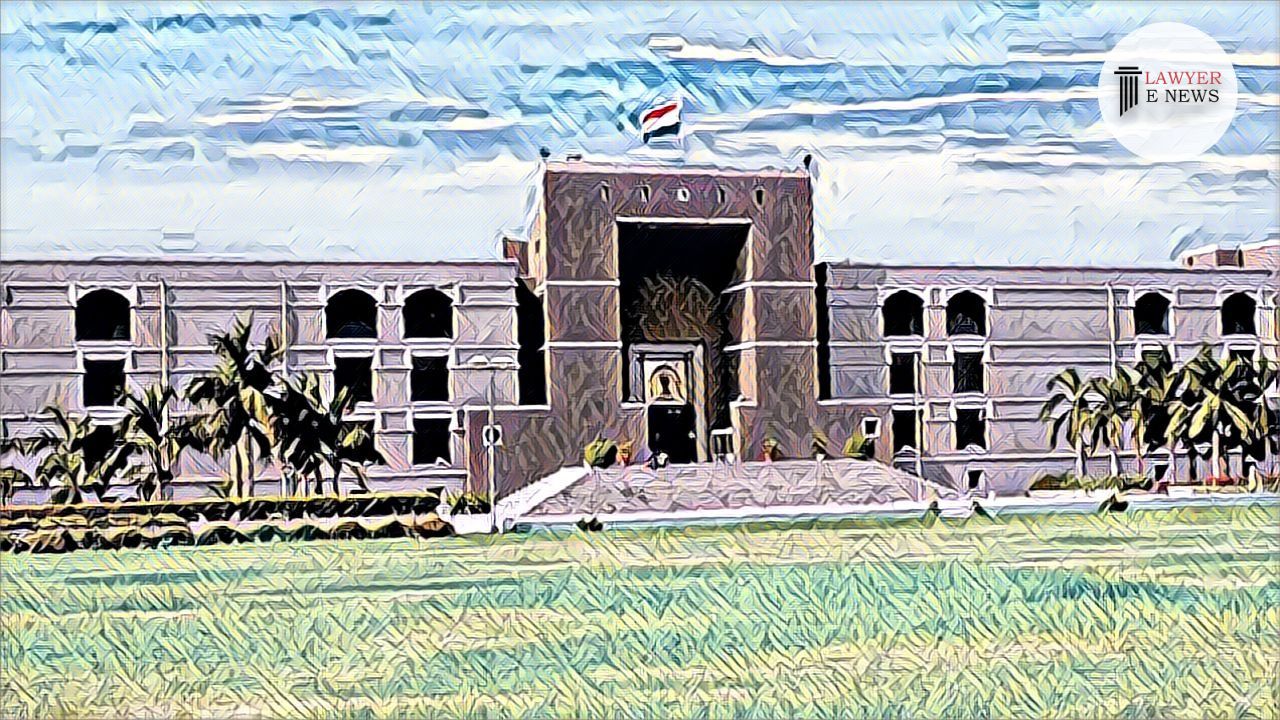-
by Admin
15 February 2026 5:35 AM



In a significant ruling, the Gujarat High Court, presided over by Justice J. C. Doshi, has quashed an FIR registered under Sections 306, 498A, and 114 of the Indian Penal Code (IPC) against Rajeshbhai Kurbahnbhai Hathila. The decision, dated November 6, 2023, marks a pivotal moment in understanding the nuances of legal proceedings in cases of alleged instigation of suicide.
The Court, in its wisdom, emphasized, "A word uttered in a fit of anger or emotion without intending the consequences to actually follow, cannot be said to be instigation." This observation underscores the Court's approach in distinguishing between actual instigation and mere expressions of anger or frustration.
The FIR in question was registered at the Limkheda Police Station, Dahod, with the original complainant and relatives of the deceased arriving at an amicable settlement with the accused. The Court noted that this settlement was made voluntarily, without any coercion or undue influence. The learned advocate Mr. Vipul Sundesha, representing the original complainant, confirmed the voluntariness of this settlement in court.
Justice Doshi cited several precedents, including the landmark cases of Chitresh Kumar Chopra vs. State of NCT of Delhi and B S Joshi & Ors. vs. State of Haryana, to reinforce the principle that criminal proceedings can be quashed in private disputes following a mutual resolution, even if the offences are non-compoundable.
While the learned APP raised objections based on the seriousness of the crime, particularly referencing the case of Daxaben vs. State of Gujarat, the Court found these objections to be insufficient grounds to continue the proceedings. The Court's decision hinged on the lack of evidence for instigation as defined under Section 306 of the IPC.
This ruling is a significant step in understanding the complexities of legal cases involving allegations of instigation to suicide. It also highlights the importance of context and intention behind words or actions alleged to have led to such drastic outcomes.
The Court concluded by ordering the quashing of the FIR and all consequential proceedings, thereby directing the release of the accused if not required in any other case. This judgement is expected to set a precedent in cases where the nuances of instigation and the impact of settlements are at the forefront of legal discussions.
Decided on : 06-11-2023
RAJESHBHAI KURBANBHAI HATHILA VS STATE OF GUJARAT
